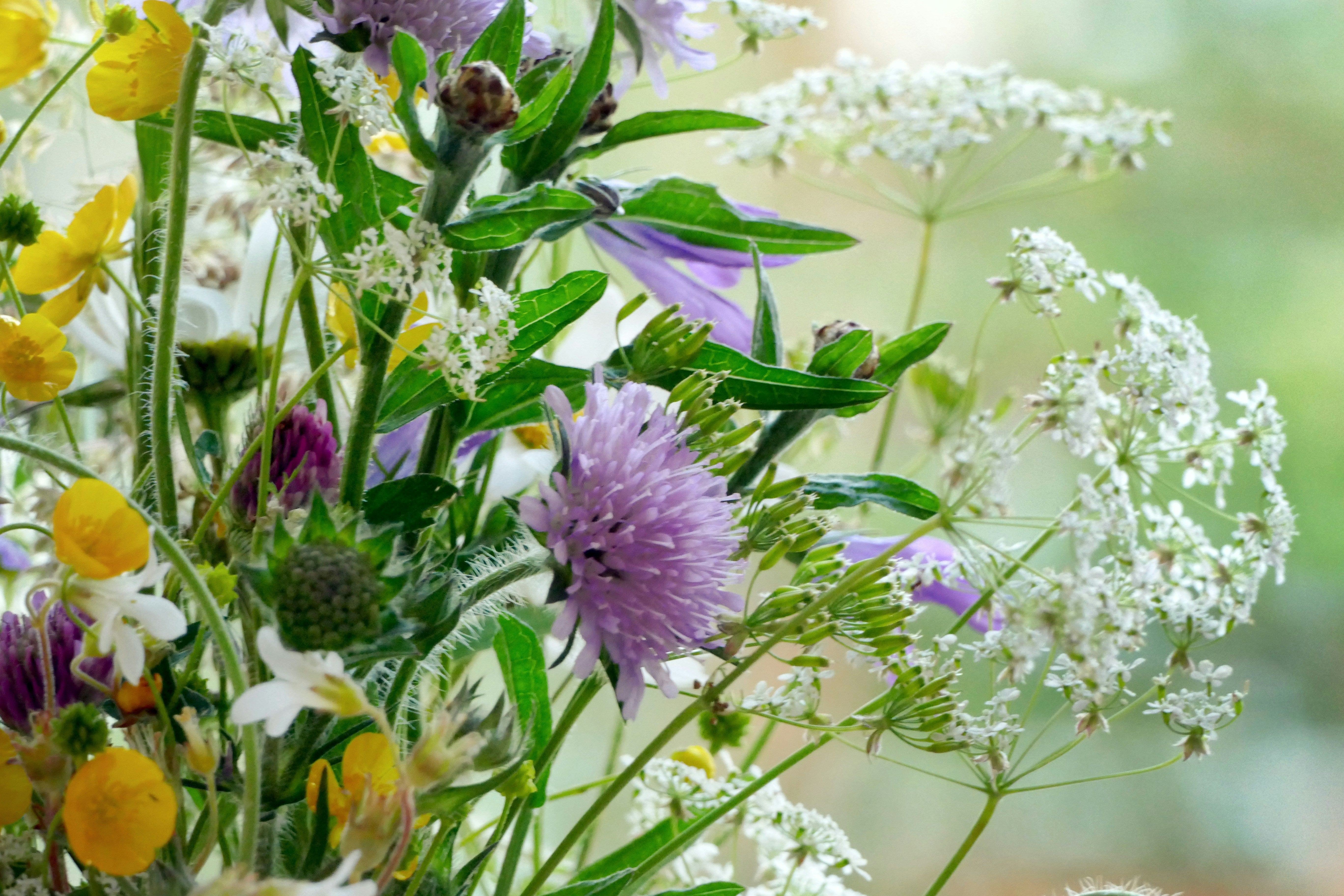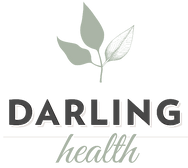
Natural Approaches to Manage Hayfever and Spring Seasonal Allergies

Spring brings longer days, blossoming flowers, and warmer weather. But for many, it also means sneezing, itchy eyes, runny noses, and congestion. Hayfever (allergic rhinitis) is the body’s immune system reacting to pollen and other airborne triggers as though they’re harmful invaders. While conventional treatment often relies on antihistamines, a naturopathic approach looks deeper—supporting the immune system, reducing inflammation, and helping your body to naturally stabilise mast cells and the release of histamine.
Understanding Hayfever from a Naturopathic Perspective
Hayfever symptoms occur when the immune system releases histamine in response to allergens such as pollen, grasses, and dust. Instead of suppressing these symptoms, naturopathic treatment considers:
-
Why the immune system is hypersensitive
-
How to calm inflammation naturally
-
Ways to strengthen the body’s defences before allergy season
By addressing the root cause, the goal is to reduce the severity of symptoms and improve long-term resilience.
Key Naturopathic Strategies
1. Reduce Allergen Exposure
-
Keep windows closed on high pollen days.
-
Shower and wash hair after spending time outdoors.
-
Use an air purifier or HEPA filter indoors.
-
Wash bedding weekly in hot water to reduce dust mites.
2. Support the Gut & Immune System
Around 70% of your immune system resides in your gut. A balanced microbiome helps regulate immune responses and reduce allergic reactivity.
-
Include fermented foods such as sauerkraut, kefir, or yoghurt.
-
Eat plenty of colourful fruits and vegetables for antioxidants.
-
Consider probiotic support specific for immune regulation.
3. Herbal Allies
Certain herbs are traditionally used to calm allergic responses and reduce inflammation:
-
Alibizia (Albizia lebbeck)& Baical Skullcap (Scutellaria baicalensis): natural antihistamine herbs that can stabilise an allergic response.
-
Eyebright (Euphrasia officinalis): Traditionally used for watery, itchy eyes.
4. Nutritional Support
-
Vitamin C: Acts as a natural antihistamine and reduces inflammation.
-
Quercetin: A flavonoid found in apples, onions, and capers, known to stabilise mast cells and reduce histamine release.
-
Zinc & Vitamin D: Support immune regulation and mucous membrane health.
How Can We Support You at Darling Health?
Takeaway: Hayfever doesn’t have to dampen your spring. By addressing the underlying causes and strengthening your body’s resilience, naturopathy offers gentle and effective support for seasonal allergies.
We offer 15-minute immune health consults for $65, which are a perfect offering if you are wanting to get on top of pesky hayfever symptoms. Book online here
References
Naso, M., Trincianti, C., Tosca, M. A., & Ciprandi, G. (2025). Quercetin and Its Lecithin-Based Formulation: Potential Applications for Allergic Diseases Based on a Narrative Review. Nutrients, 17(9), 1476. https://doi.org/10.3390/nu17091476
Lai, Y. R., Liao, Y. H., Huang, L., Phuong Linh, H. B., Utami, F. A., Del Giudice, M. M., Ciprandi, G., & Chen, Y. C. (2025). Clinical Effects of Polyphenolic Compounds on Allergic Rhinitis: A Systematic Review and Meta-Analysis. The journal of allergy and clinical immunology. In practice, S2213-2198(25)00613-0. Advance online publication. https://doi.org/10.1016/j.jaip.2025.06.032
Nurul, I. M., Mizuguchi, H., Shahriar, M., Venkatesh, P., Maeyama, K., Mukherjee, P. K., ... & Fukui, H. (2011). Albizia lebbeck suppresses histamine signaling by the inhibition of histamine H1 receptor and histidine decarboxylase gene transcriptions. International immunopharmacology, 11(11), 1766-1772.
Bone, K. (2001). Phytotherapy for Allergic Rhinitis. Townsend Letter for Doctors and Patients, (215), 54-54.


